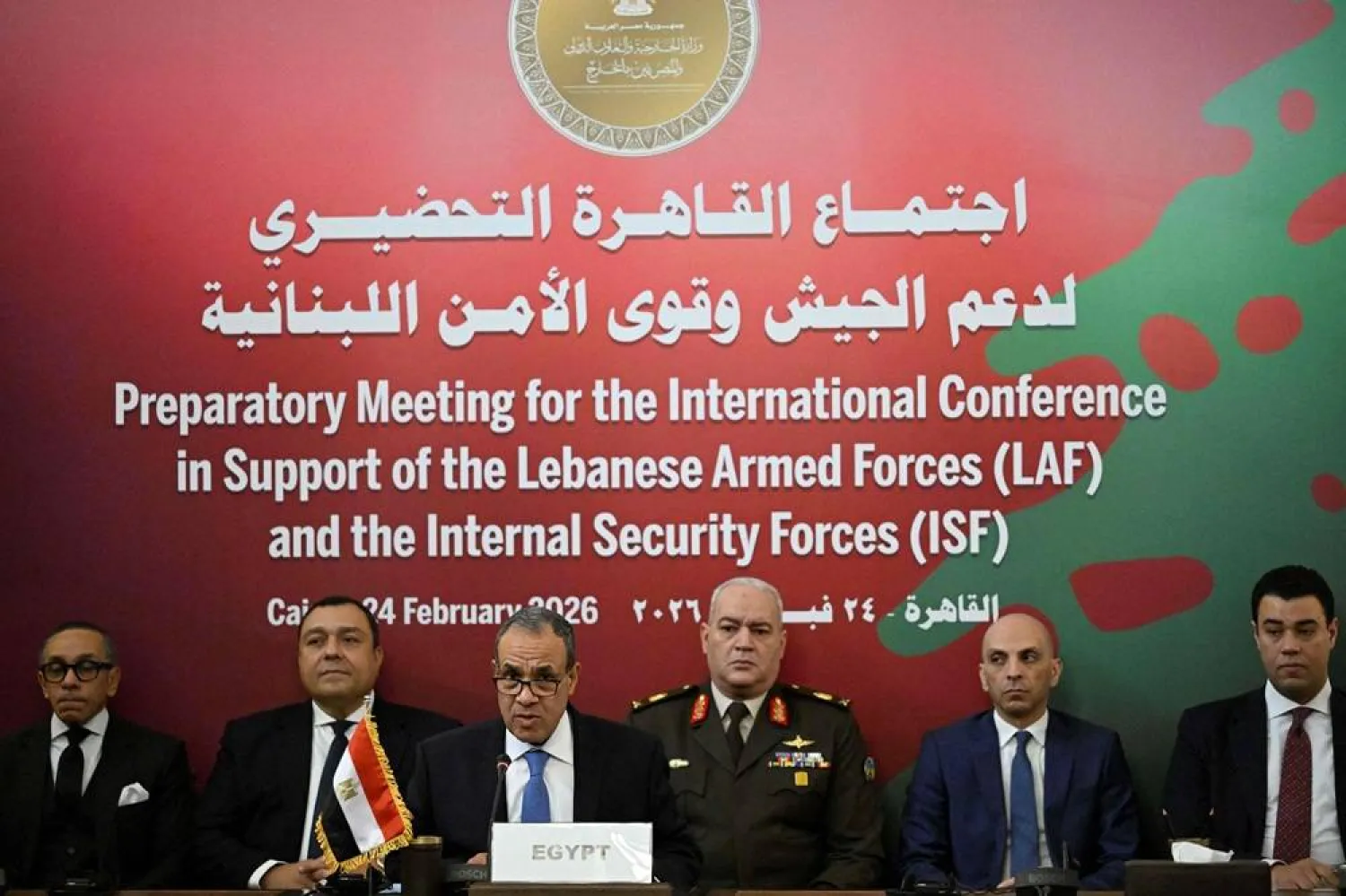Lebanese parliament Speaker Nabih Berri said he has not yet “seen encouraging signs” that would prompt him to call for a presidential election session, given that as of yet, there are no two serious candidates for the post.
In remarks to Asharq Al-Awsat, he again stressed that he will not call for elections before his condition for having serious candidates be met.
He noted that the nomination of former minister Jihad Azour has not been formalized and continues to be discussed between the opposition and Free Patriotic Movement.
Lebanon has been without a president since late October. Eleven elections sessions have been held, but no candidate garnered enough votes to be named winner given the disagreements between the political parties.
Berri said months ago that he would only call for an elections session if political parties are in consensus over the names of candidates.
Berri told Asharq Al-Awsat that “if we wanted a repeat of previous elections sessions, I would have called for elections every week.”
But given a lack of serious candidates “and out of respect for the legislature, which has become a laughingstock by many, I won’t,” he stressed.
Moreover, the speaker said he was satisfied with France’s stance on the elections, revealing that it still supports the nomination of Marada Movement leader former minister Suleiman Franjieh.
Paris is working on securing a regional and international understanding on his candidacy, he revealed.
Saudi Arabia, he continued, is not opposed to Franjieh. It is not vetoing anyone’s nomination.
The Kingdom has called for the election of a president and demanded that he present a reform program. Only then will it judge and so will other countries, added Berri.
The speaker often ignores the criticism of some politicians, but recent US remarks that it may impose sanctions on figures – believed to be the speaker - whom it believes are impeding the elections, prompted him to issue a statement to clarify some points.
Berri believes that failure to call parliament to elect a president is not a form of obstruction. Rather, the lack of seriousness in tackling the elections is the greatest hurdle, he said.
“I will call parliament to a session as soon as serious candidates are available,” he stated. This includes the speaker’s preferred candidate, Franjieh, whom he believes is the “best choice to end the crisis”. He added that he is not opposed to any other candidate, “even if they were a rival”, saying he doesn’t view any of the potential nominees as his opponents.
On Azour, Berri said he will call for an election session as soon as his candidacy is formalized. Moreover, he dismissed speculation that the former minister could garner 68 votes in the elections, noting that the FPM has yet to officially back his nomination.









